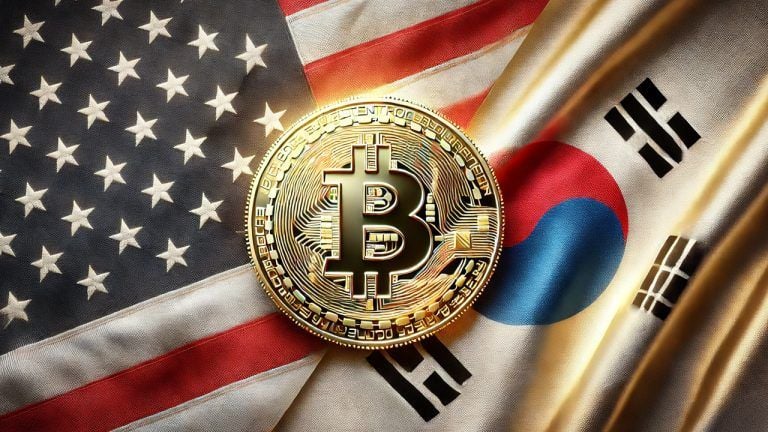
The Green Bay Packers player's total salary would be worth roughly 368.8 BTC at a price of $60,636.
Aaron Rodgers, quarterback for the Green Bay Packers football team, has said he will be taking part of his National Football League salary in Bitcoin.
In a video posted to his Twitter account on Nov. 1, Rodgers — dressed as fictional character John Wick, likely for Halloween — said he would be partnering with Cash App to take a portion of his salary in Bitcoin (BTC). The NFL reported in July that Rodgers would be earning a $1.1 million base salary on top of a $14.5 million signing bonus and a $6.8 million roster bonus from March, totaling roughly $22.3 million.
I believe in Bitcoin & the future is bright. That's why I’m teaming up with Cash App to take a portion of my salary in bitcoin today.
— Aaron Rodgers (@AaronRodgers12) November 1, 2021
To make Bitcoin more accessible to my fans I’m giving out a total of $1M in btc now too. Drop your $cashtag w/ #PaidInBitcoin & follow @CashApp pic.twitter.com/mstV7eal04
According to data from Cointelegraph Markets Pro, Rodgers’ total salary would be worth roughly 368.84 BTC at a price of $60,636 at the time of publication. Though the crypto asset reached an all-time high price approaching $67,000 on Oct. 20, it dipped under $60,000 more than once last week and has been mainly moving between $60,000 and $63,000.
Related: NFL player Russell Okung isn’t getting paid in Bitcoin; this is what he’s doing instead
Rodgers joins other professional sports players embracing crypto as the space becomes seemingly more mainstream. Last week, Tampa Bay Buccaneers quarterback Tom Brady said he would be compensating the fan who held his 600th career touchdown football with 1 BTC along with some signed sports memorabilia.










